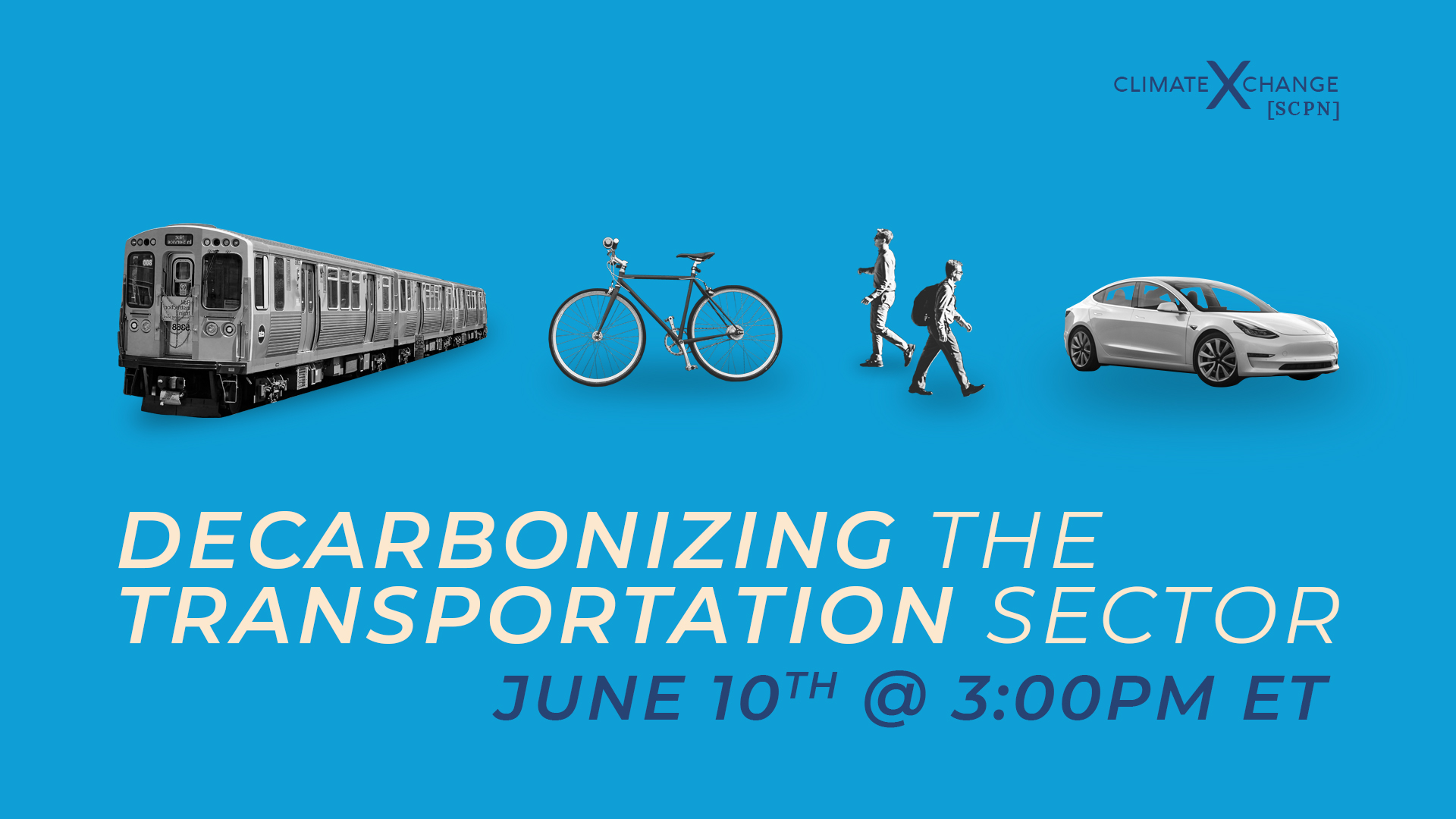

Transportation has surpassed electricity to become the largest source of emissions in the U.S. While recent studies project that electric vehicles will become cheaper than gas and diesel cars in the coming decade, we currently lack the proper charging infrastructure and incentives to accelerate that transition away from internal combustion engine vehicles.
Our current transportation system is failing our climate; the average American spends 97 hours in congestion per year, with that time increasing year over year for our most congested cities. We have to reimagine how we move people and goods, and design our streetscapes to allow cars, bikers, public transit, and pedestrians to safely coexist in a way that improves the climate, health, and wellbeing of our communities.
In the Northeast and Mid-Atlantic, states are moving ahead with the Transportation and Climate Initiative, which will put a price on transportation-sector carbon emissions.
How can carbon pricing incentivize the transition to a decarbonized transportation system? Joining us to tackle this question and many more are three experts in this field: Beth Osborne, Executive Director of Transportation for America, Colin Murphy, the Deputy Director, UC Davis Policy Institute for Energy, Environment and the Economy; and Dan Gatti, the Director of Clean Transportation Policy at Massachusetts Executive Office of Energy and Environmental Affairs.